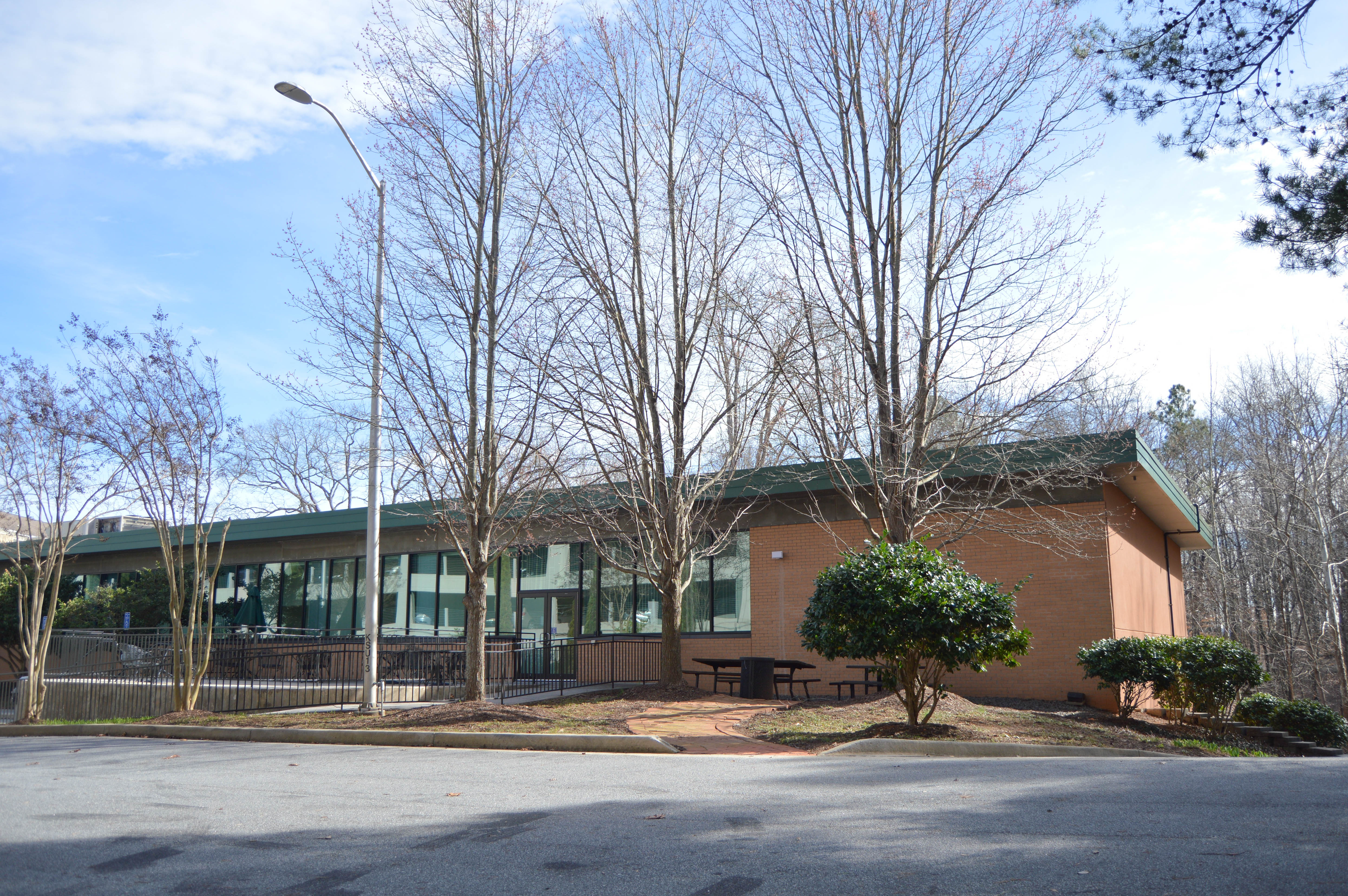Kennesaw State’s Center for Young Adult Addiction and Recovery hosted their annual Celebration of Recovery Scholarship Breakfast at the KSU Continuing Education Center on Friday, Sept. 14, to raise funds for student scholarships.
The breakfast is held every year to help fund endowed and non-endowed scholarships and student-learning initiatives in the Collegiate Recovery Community, according to KSU’s website. This year, the center awarded $42,320 in scholarships to 20 KSU students within the CRC.
The event provided a way for donors and their scholarship recipients to meet and connect. It also gives recipients and the center a chance to thank those who contributed to the funding of endowed and annual scholarships, according to the website.
This year, the breakfast highlighted the Allen Family Scholarship in memory of Laura Bradfield.
“When my daughter Laura entered college at age 18, she blew out her first semester and entered treatment,” Bradfield’s mother wrote in an article published on her LinkedIn on Sept. 4. “Under the guidance of a recovery program, she had two successful years in college in Colorado, but when she transferred to Kennesaw State in Georgia she elected not to join their collegiate recovery community and her college career was yet cut short again.”
“That story plays itself out over and over again on college campuses across the country as students try and navigate through a culture that is often rooted in how much you can drink versus how well you do in school,” she continued.
During the breakfast, several faculty members and scholarship recipients gave speeches about their involvement in the center.
Tara Serio, a scholarship recipient, spoke at the breakfast, saying that she was considering taking time away from school during the fall semester. Serio said, however, that the scholarship has since helped with the financial stress of attending school and has allowed her to focus more on her coursework, according to KSU’s website.
“I would not be in college this semester had I not received this scholarship,” Serio said. “The CYAAR has really helped me stay on track to graduate and, as a side effect, it has given me the confidence to apply for other scholarships. The entire recovery community has been unbelievably helpful throughout this process.”
Serio also spoke about how the CYAAR has created an inclusive environment for her and the other students in the program. She said the center has served as a space for students to seek help without worrying about facing the stigma associated with addiction and recovery.
“From my perspective, I have a place on campus where I can go to be myself, share my story and hear from others who have gone through it,” Serio said. “We’re all still able to attend college and build a better life. We’re like family.”
KSU President Dr. Pamela Whitten attended the breakfast and gave a welcome address to the donors and student recipients. According to KSU’s website, Whitten said 60 percent of new students within the CYAAR chose to attend KSU based on its Collegiate Recovery Program. She also said that 38 percent of students in the program were awarded scholarships for the upcoming academic year.
Sen. Kay Kirkpatrick, R-East Cobb, was the keynote speaker at the event, speaking on the center’s success, according to KSU’s website.
CYAAR Director Teresa Johnston spoke about the growth of the program since she first opened the center in 2007, according to KSU’s website.
When the center first opened in 2007, the office consisted of two small offices and a meeting room in Willingham Hall, and now it includes seven full-time and six part-time staff members who help approximately 75 students every year, according to KSU’s website.
“The contributions that organizations, corporations and individuals make to the CYAAR are critical because it allows us to focus our attention on the education and wellbeing of the students we serve,” Johnston said. “In providing these scholarships and by offering our students undergraduate and graduate research opportunities involving addiction recovery, KSU will continue to be a model for collegiate recovery programs nationwide.”

